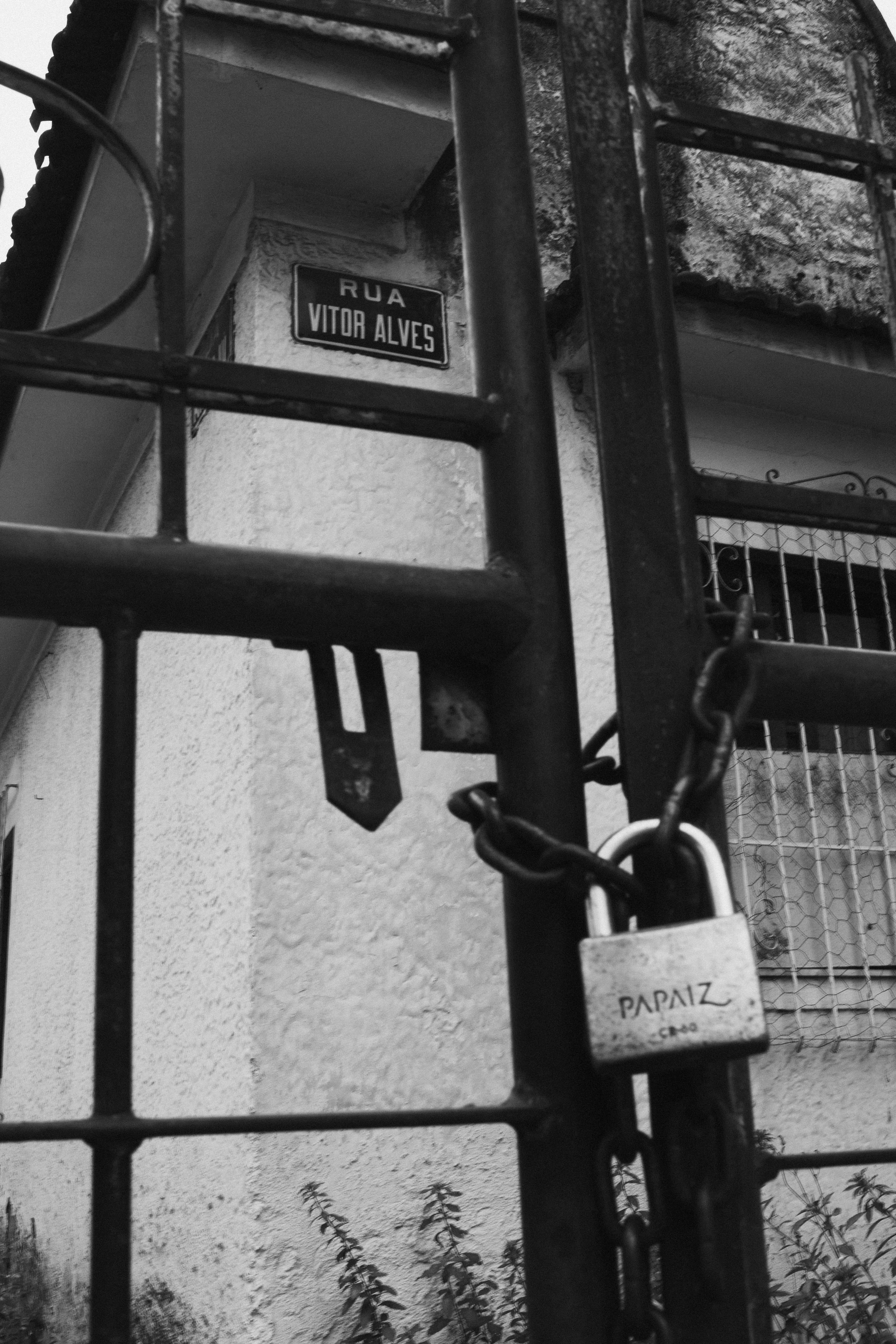Cash for Keys
Losing your home is never easy. No one thinks that one day, the home they’ve spent so much time and money trying to build, literally and figuratively, will have to be turned over due to often unforeseen and occasionally unfair reasons. Millions of Americans experienced this during the 2008 financial crisis and now with Covid, the issue arises again. The good news is, once you’ve dealt with the reality that your home will likely have to be turned over to the bank, you can look at options. One of the best ones is called…cash for keys.
When you’ve decided to walk away from a house you can no longer afford, don’t overlook the opportunity to be paid to move out.
Cash for keys started during the foreclosure crisis in 2008. Banks that were often forced to foreclose were finding that the occupants of the house would often strip the house bare of anything of value. We saw a house where even the kitchen cabinets and toilets had been taken out. The banks who were foreclosing were having to take huge losses because of the amount of work prospective buyers were looking at having to do to get the house habitable again. So…banks figured out a solution.
The banks determined that it was advantageous to both them and the occupants to pay the former owners money to help them move and voluntarily surrender the house. The former owner gets cash to help move and start over again and the bank gets the house on a schedule, with the property in good order.
Time = $$$
Typically, you see the banks are willing to give you more money the faster you get out. Move out in two weeks and we’ll give you more than if you take two months.
Why pay
All this said, why does the bank pay for quick possession? That’s easy: It costs less than having to get the former owner of the home tossed out by the authorities, it’s faster AND the money comes with strings.
Until the foreclosure actually goes through, you’re still the owner of the house and you have every right to live there. You also have every right to take from the home you own whatever you want and sell it. You could literally strip the toilets, cabinets, appliances, etc. out of the house and sell them to your neighbor (that happened). I actually encourage anyone who is thinking about walking away from their homes to to live there until the jig is up. When the banks actually do get ownership of the house, they often have to get a court order to get you out of the house.
All of this takes time and time, as we well know, is money.
More $$$ leads to better feelings
Better feelings leads to less damage to the property. It’s faster, it’s cheaper and it usually leaves the house in much better condition for the bank to resell. In order to get the cash, the former owner will have to leave the house in good condition with all of the fixtures and agreed upon appliances in place.
It also solves the problem that the former owner has…no cash. It allows them to fund their move and it keeps the house in livable condition so the bank can make more money reselling the house.
Let’s make a deal
If you’re facing foreclosure, don’t panic. If you want to try to save your house, call us immediately. Don’t wait until the day before the foreclosure to talk to a good bankruptcy lawyer. It’s too late then.
If you’re ready to walk away, still call us, you don’t want the bank to try to sue you for any arrearages or slap a massive tax debt on you after they get the house, sell it for nothing and “forgive” the rest of the loan (that can technically be considered income).
If you want to save your house, we’ve got you covered. If you want to walk away, we have negotiated several cash for keys deals for our clients. It may even be enough to pay off your bankruptcy, fund your move and leave some money in the pot for you.
Either way, it’s a good idea to give us a call if you’re in a pickle. We can help you settle the foreclosure issue once and for all and get you back on your feet.


